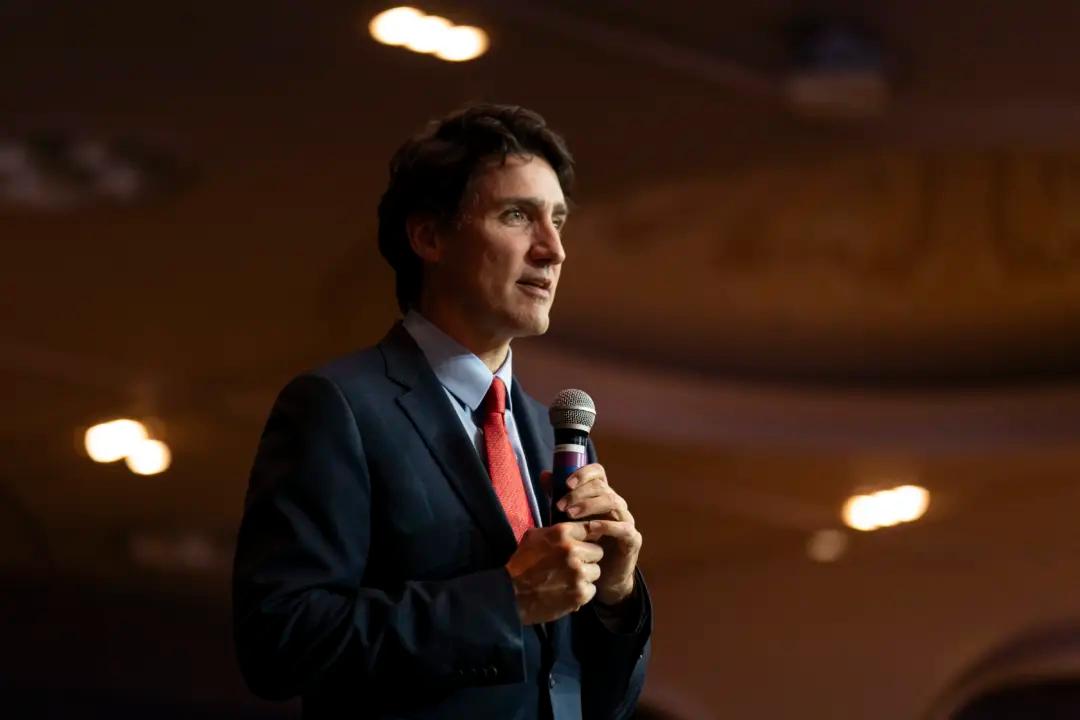Prime Minister Justin Trudeau says there’s a backlash against progressive policies and that, despite pressure, he is staying on as leader to ensure continued focus on such issues as diversity and climate change.
“At this time of backlash against progressive policies of inclusion and diversity, you know, are we going to double down on making sure that everyone gets to participate or play?” Trudeau said in an interview with Liberal MP Nate Erskine-Smith on his podcast “Uncommons” released Oct. 1.





